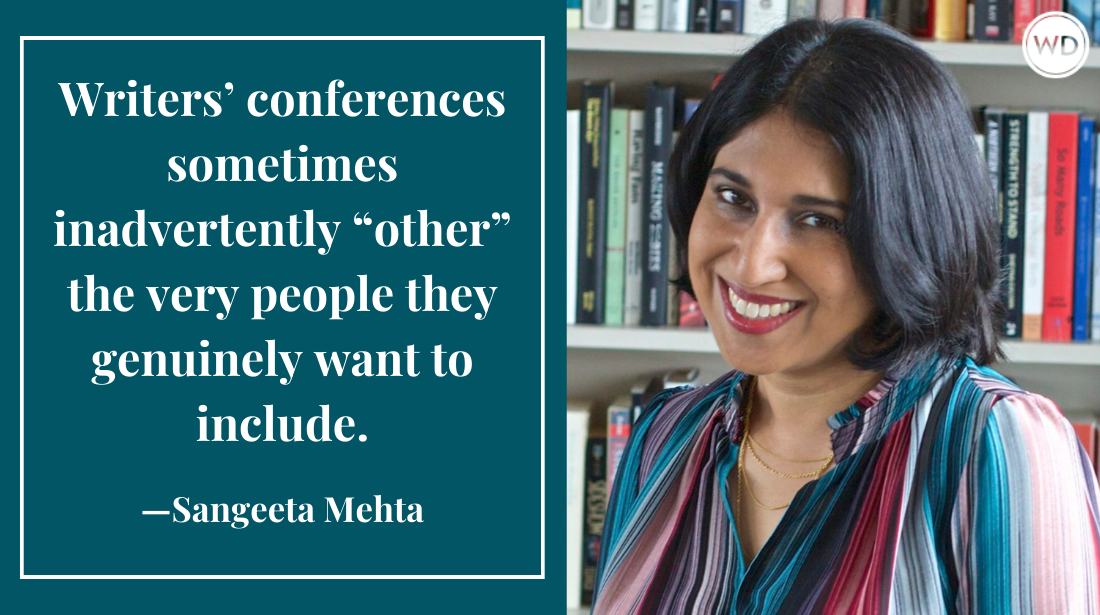5 Things Every Writer Should Know About Rights
Most writers I know fall into 1 of 2 camps: people who are (overly) concerned that someone will steal their work, and innocents who don’t take time to learn what…
Most writers I know fall into 1 of 2 camps: people who are (overly) concerned that someone will steal their work, and innocents who don't take time to learn what rights they ought to be protecting.
So I'd like to outline the 5 things every writer should know about their rights (and, by extension, other people's rights).
1. Your work is protected under copyright as soon as you put it in tangible form.
Your work doesn't need to be published to be protected, and you do not have to display the copyright symbol on your manuscript to have it protected. (One of the reasons there is so much confusion surrounding this issue is that the law changed in the 1970s.)
Since your work is copyrighted from the moment you create it, the existence or validity of your copyright will not be affected if you don't register the work with the U.S. Copyright Office. (And, in fact, you can register the work after you find infringement and still be afforded all the protections as if you had registered it earlier.)
2. For shorter works (non-books), publications automatically acquire one-time rights unless specified otherwise in the contract.
The current law puts the burden on the publication to notify the author in writing if it wants to acquire any rights other than one-time rights (that is, the right to publish the work one time). The law also contains termination provisions that allow an author to regain rights she assigned to others, after a specific period.
3. Your work cannot accidentally fall into the public domain.
Any published or distributed material on which a copyright has expired is considered to be in the public domain—that is, available for use by any member of the general public without payment to, or permission from, the original author.
It used to be that your work might accidentally fall into the public domain if not protected under copyright or published with the copyright symbol. This is not the case any longer.
4. Selling various rights to your work doesn't affect your ownership of the copyright.
Various rights are all part of your copyright, but selling them in no way diminishes your ownership of the actual work. The only way you can give up copyright entirely is if you sign a contract or agreement that stipulates it is a "work for hire."
5. You can quote other people's work in your own work, without permission, as long as you abide by fair use guidelines.
The downside here is that there are no hard-and-fast rules as to what constitutes fair use of a copyrighted work.
The law says that four factors should be considered in determining if a use is fair:
- the purpose and character of the use (commercial vs. not-for-profit/educational)
- the nature of the copyrighted work
- the amount and substantiality of the portion used in relation to the entire quoted work
- the effect of the use on the potential market for or value of the quoted work
Most publishers have their own fair-use guidelines that they ask their own authors to abide by. But, if you're picking up only a few hundred words from a full-length book, it's probably fair use. Always be extremely careful when quoting poetry or song lyrics—ANY use at all usually requires permission (and a fee).
For more authoritative info on this topic, I highly recommend signing up for an online educational session next week, with lawyer Amy Cook, who specializes in publishing law. You'll be able to ask questions live: Copyright and Contracts
Alternatively, you can read more from these authoritative sources:
- 2001 Writer's Digest article on fair use
- Stanford University Library has an extensive online FAQ on copyright and fair use (from NOLO)
- Also check the Citizen Media Law project for a primer
If you know of any good resources on copyright and fair use, please share them in the comments!
Jane Friedman is a full-time entrepreneur (since 2014) and has 20 years of experience in the publishing industry. She is the co-founder of The Hot Sheet, the essential publishing industry newsletter for authors, and is the former publisher of Writer’s Digest. In addition to being a columnist with Publishers Weekly and a professor with The Great Courses, Jane maintains an award-winning blog for writers at JaneFriedman.com. Jane’s newest book is The Business of Being a Writer (University of Chicago Press, 2018).









